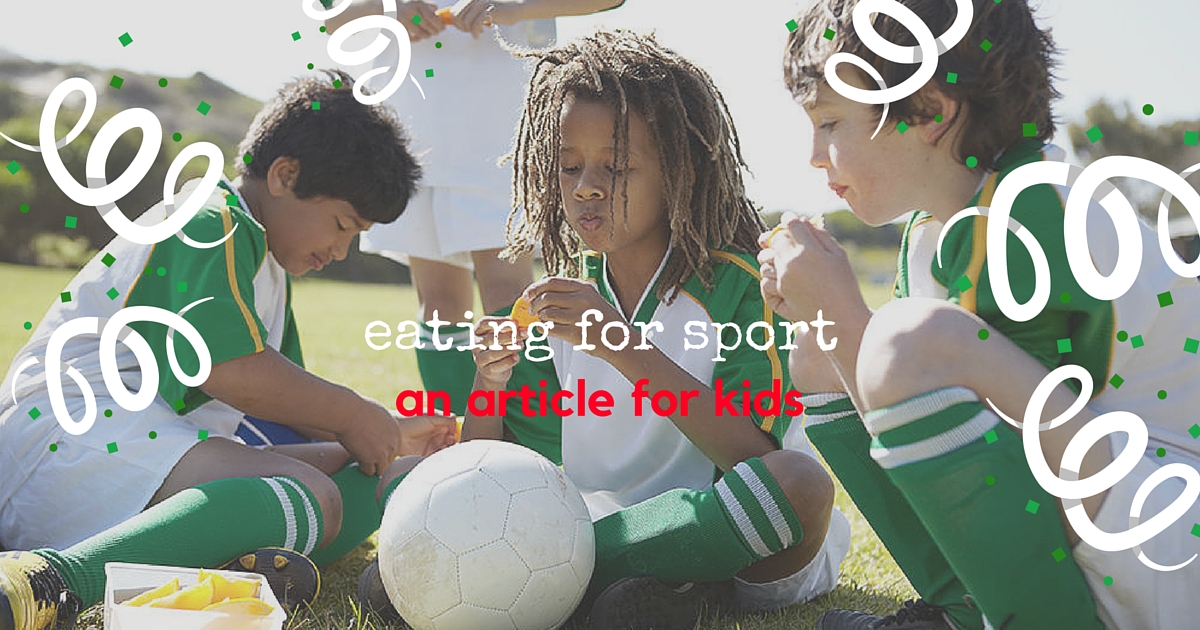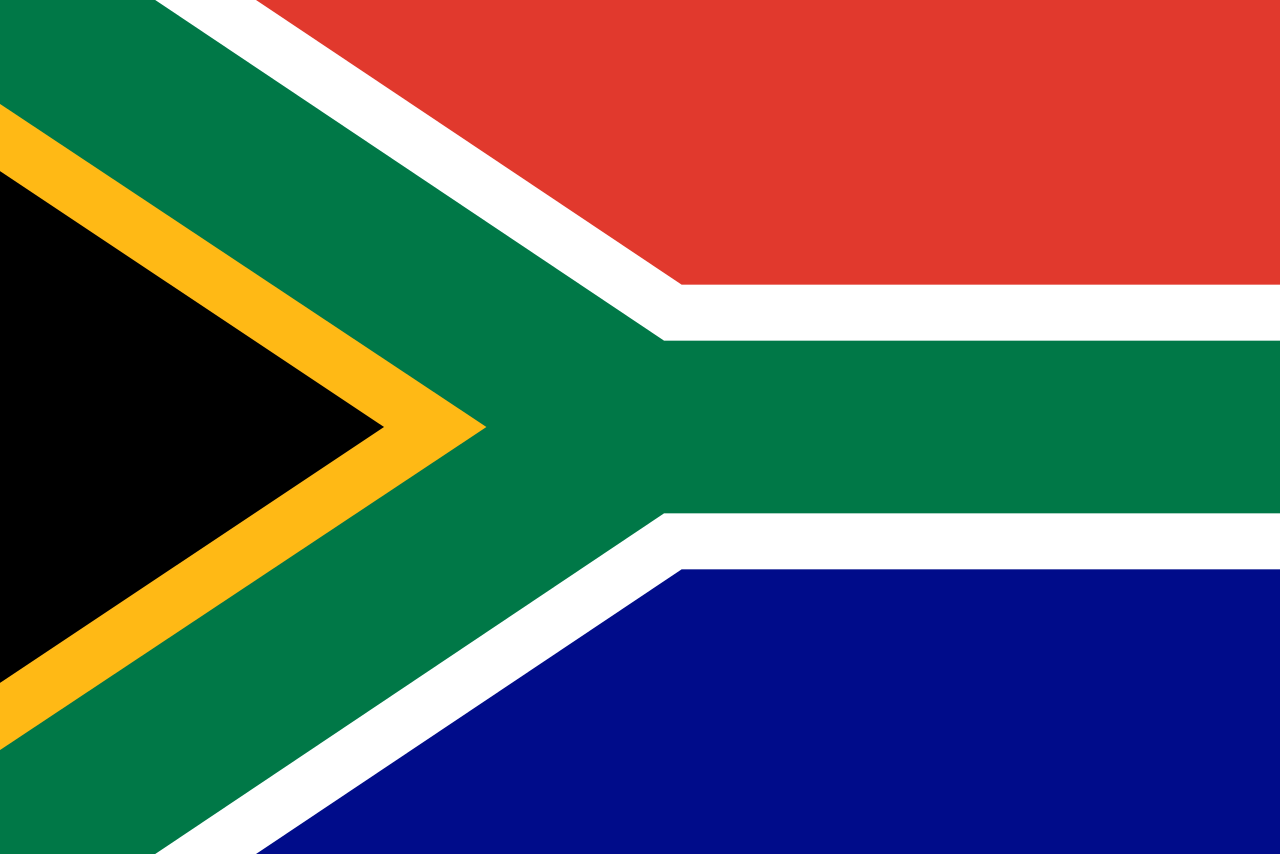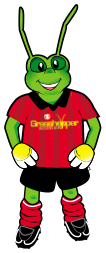Eating for sports an article for KIDS!!

Whenever you play a sport, you pack your bag and make sure you have the equipment you need, like your racquet for tennis, cleats for soccer, and good runners for basketball. You couldn't play the game very well without this equipment, but how do you help your game from your insides out? Don’t go swallowing a pair of shin guards, that's for sure!
Instead, think about what you are eating! The right foods and drinks can help you be a better athlete. Professional athletes know this is true. In fact, many professional teams employ nutritionists — people who know a lot about healthy eating — to help players choose the best foods.
We know that all kids need to eat a variety of healthy foods, and athletes are no different. Everybody needs foods that include:
- Protein (found in meat, poultry, seafood, eggs, beans, nuts, and dairy foods)
- Carbohydrates (fruits, vegetables, and whole grains are the best sources)
- Vitamins (as found in fruits and vegetables, for instance)
- Minerals (like calcium - found in dairy products)
- Fats (meats, cheeses, nuts, oils, and butter)
School-age kids (ages 6 to 12) generally need between 1,600 and 2,200 calories a day. Calorie needs go up during puberty but each kid is different. Attending soccer practice can be an intense or light workout, depending on a variety of factors. Do you practice 2 hours a week or 12? It will make a difference. Kids generally do well just eating a balanced diet of healthy meals and snacks.
Calcium and iron are two important nutrients for kids. Calcium builds strong bones, which are less likely to break under the stress and strain of heavy activity. You'll find calcium in dairy products, like milk, yogurt, and cheese. Other good sources include dark, green leafy vegetables and calcium-fortified products, like orange juice.
It's important to include iron-rich foods in your diet, such as meat, dried beans, and fortified cereals. Without enough iron, kids might get tired more easily. It's not usually healthy for kids to go on diets — to lose or gain weight. Coaches or teammates who say you have to go on a diet are probably giving you bad advice. Talk these issues over with your mom or dad and your doctor, if necessary.
You've probably seen athletes drinking water when there is a break in the action. That's because athletes need water before, during, and after exercise. When people sweat, they lose water through their skin. Sweating cools the body down, but if you lose too much water this way, you could get dehydrated. If you get dehydrated you won't feel well or perform well. Serious dehydration can make you sick enough that you'd need to go to the emergency department for treatment.
Drinking before, during, and after exercising (or an event) is the best way to stay hydrated. Don't wait until you're thirsty. Water is the best choice. Fruit juice mixed with water is another refreshing drink. But avoid sodas, especially caffeinated ones.
A sports drink is OK once in a while, but remember that these drinks have a lot of sugar and calories. Water is still the best drink for your body and it contains no calories. You may want to choose a sports drink if you are exercising vigorously for more than an hour or in really hot weather.
But you don't want to be hungry either. Bring a snack, especially for long practices, competitions, or all-day events. Half a sandwich, fresh or dried fruit, or a small handful of nuts are all good snacks. Sports bars, or energy bars, are convenient, but they aren't good for you, you can get the same energy from healthy foods.



 UK
UK Australia
Australia New Zealand
New Zealand Mexico
Mexico South Africa
South Africa
















